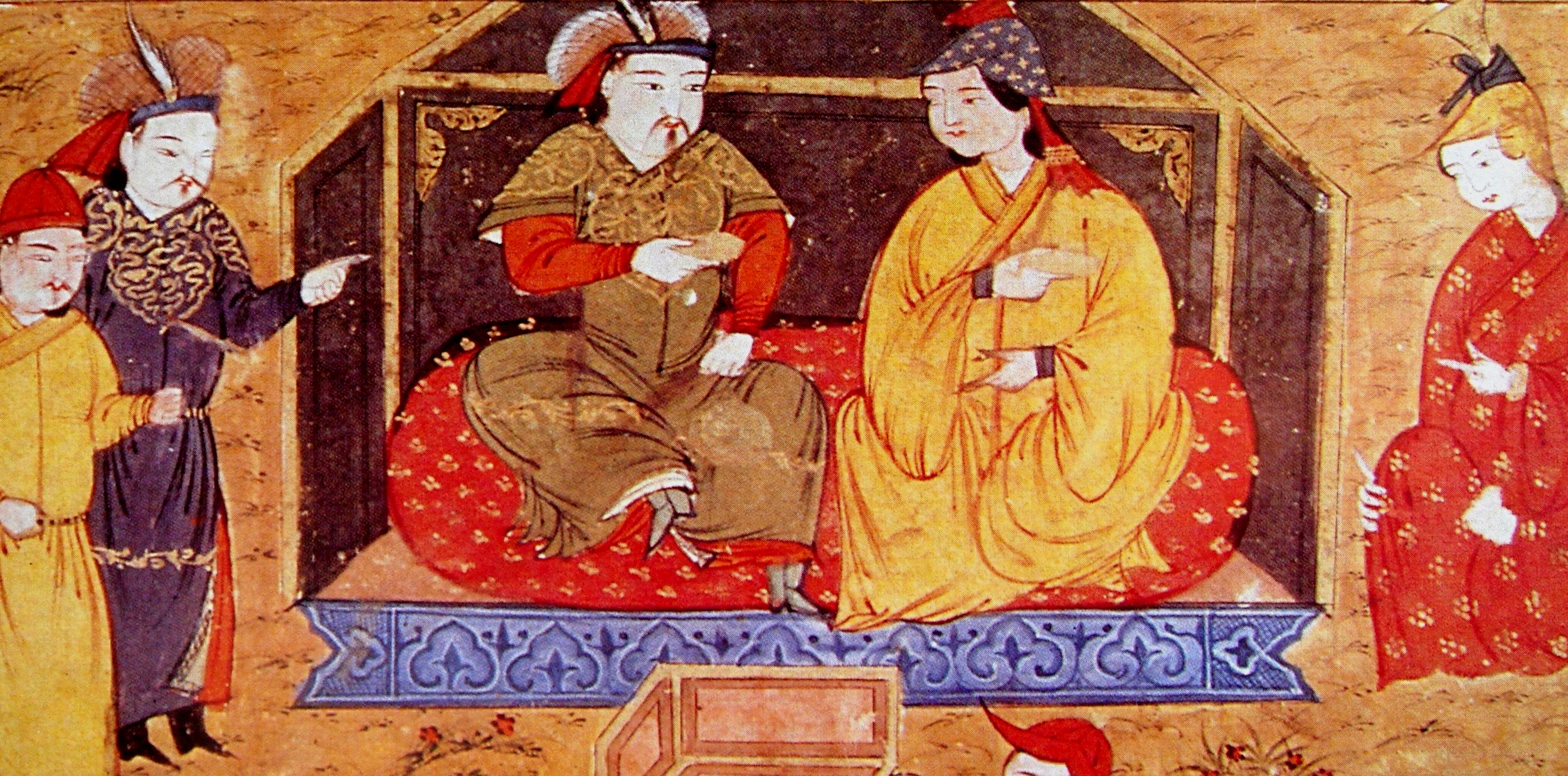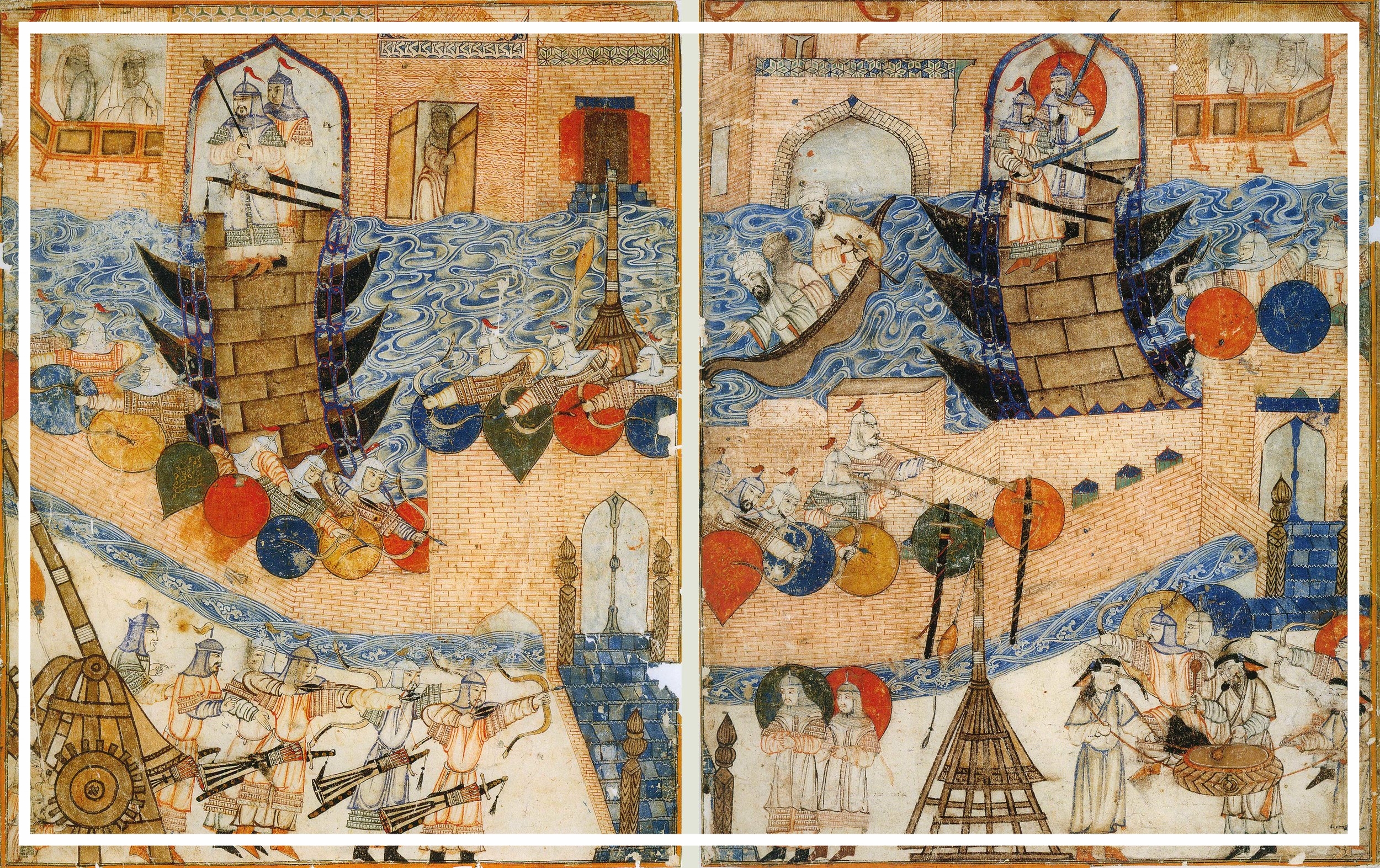First in a series on Rabban Bar Sauma, covering his life from miracle-baby through cave-bound monk and on to pilgrim, with ambassador to the cities of western Europe not far behind. This episode takes us from Yuan China to Jerusalem, or perhaps not quite that far. (MP3)
If you like what you hear and want to chip in to support the podcast, my Patreon is here, my Ko-fi is here, and Paypal is here.
Sources:
The History of Yaballaha III Nestorian Patriarch and of his Vicar Bar Sauma Mongol Ambassador to the Frankish Courts at the End of the Thirteenth Century, translated by James A. Montgomery. Columbia University Press, 1927.
The Monks of Kublai Khan, translated by Sir E. A. Wallis Budge. The Religious Tract Society, 1928.
Nestorian Tablet: Eulogizing the Propagation of the Illustrious Religion in China, with a Preface, composed by a priest of the Syriac Church, 781 A.D. https://sourcebooks.fordham.edu/eastasia/781nestorian.asp
Jackson, Peter. The Mongols and the Islamic World. Yale University Press, 2017.
Jackson, Peter. The Mongols and the West: 1221-1410. Pearson Longman, 2005.
Keevak, Michael. The Story of a Stele: China's Nestorian Monument and Its Reception in the West, 1625-1916. Hong Kong University Press, 2010.
Rossabi, Morris. Khublai Khan: His Life and Times. University of California Press, 1988.
Rossabi, Morris. Voyager from Xanadu: Rabban Sauma and the First Journey from China to the West. Kodansha International, 1992.






